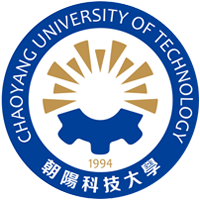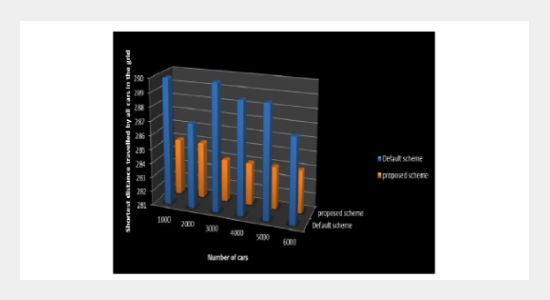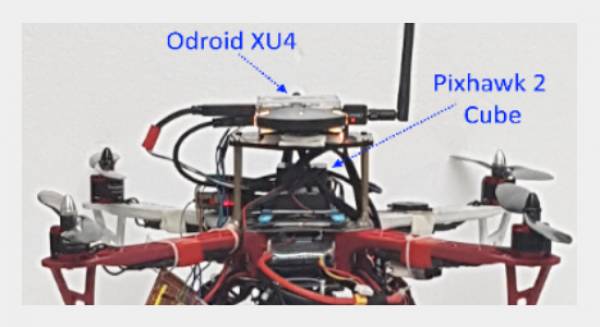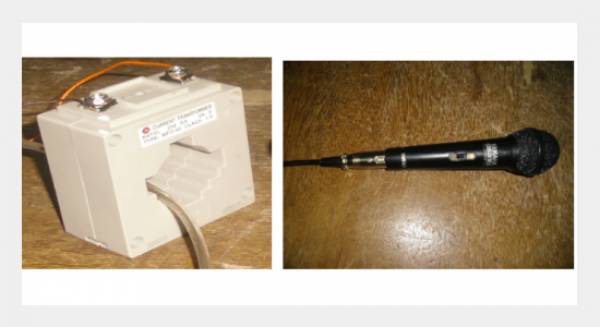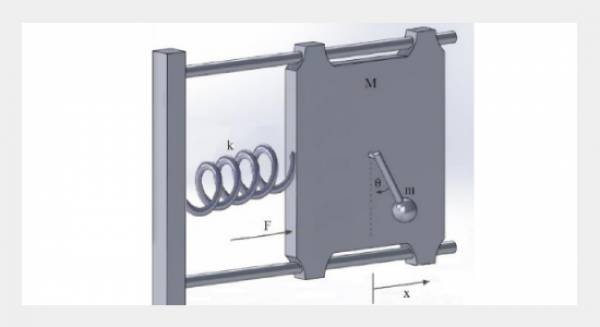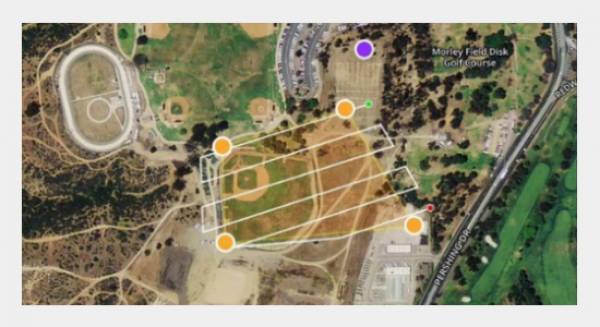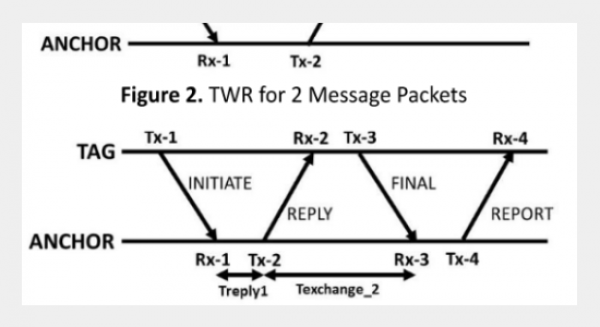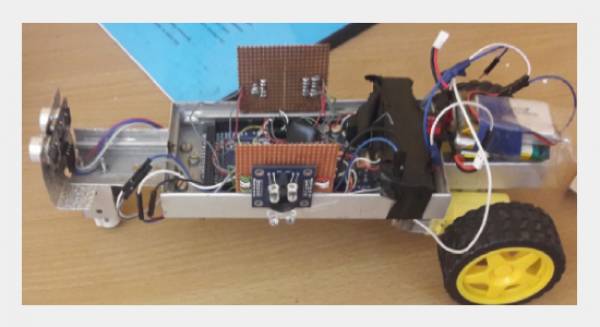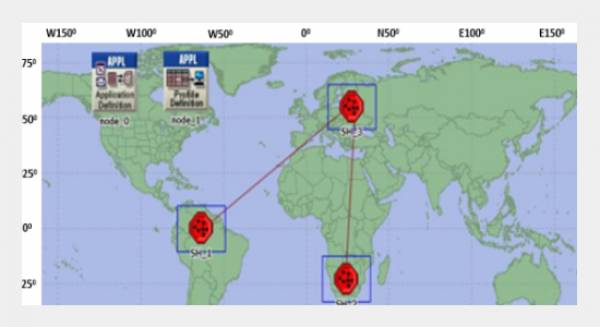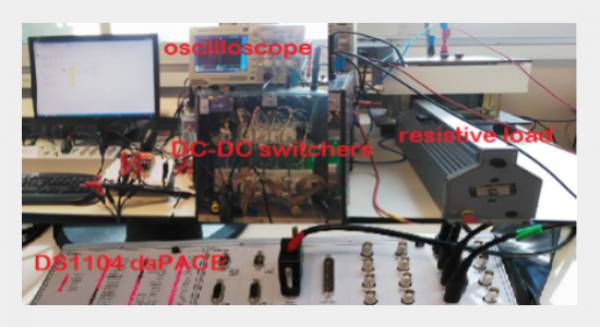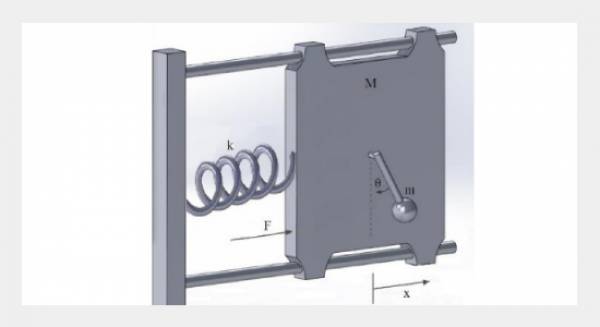Ali Wided1*, Brek Assia1, and Bouakkez Fatima1 1Institute of science and technology, Echahid Cheikh Larbi Tebessi University, Tebessa, 12200, Algeria
Download Citation:
|
Download PDF
Traffic congestion becomes a serious problem when there are many vehicles on the roadways. The queue of vehicles waiting to be treated at intersections increases significantly as road traffic increases, and traditional traffic lights are unable to handle it. The synchronization mechanism used by traditional circulation lighting systems changes light signals after a certain interval. This method is used when the roads are nearly empty. An intelligent traffic light system detects the presence, estimates the level of traffic, and reacts appropriately. Intelligent traffic systems are designed to prevent cars from impatiently waiting at traffic lights to change their signals when there are free roads. In this study, we develop a simulator in which a traffic grille made of traffic lights is constructed at intersections resembling those in large cities, and the flow of vehicles through the grid is optimized by developing algorithms for how traffic lights change their state. To maximize vehicle movement over the grid, scheduling algorithms are being developed to control how road traffic changes. Because of the encouraging response to our models, we were able to achieve good results that reduced the waiting time by 30% compared to the default model.ABSTRACT
Keywords:
Smart city; Scheduling; Road traffic; Traffic lights; Traffic Congestion; Multi Agent system.
Share this article with your colleagues
REFERENCES
ARTICLE INFORMATION
Received:
2023-05-02
Revised:
2023-06-04
Accepted:
2023-06-04
Available Online:
2023-06-04
Wided, A., Assia, B., and Fatima, B. (2023) Traffic Management system and Traffic Light Control in Smart City to Reduce Traffic Congestion. Int. j. autom. smart technol. https://doi.org/10.5875/ausmt.v13i1.2464
Cite this article:
Copyright The Author(s). This is an open access article distributed under the terms of the Creative Commons Attribution License (CC BY 4.0), which permits unrestricted use, distribution, and reproduction in any medium, provided the original author and source are cited.
